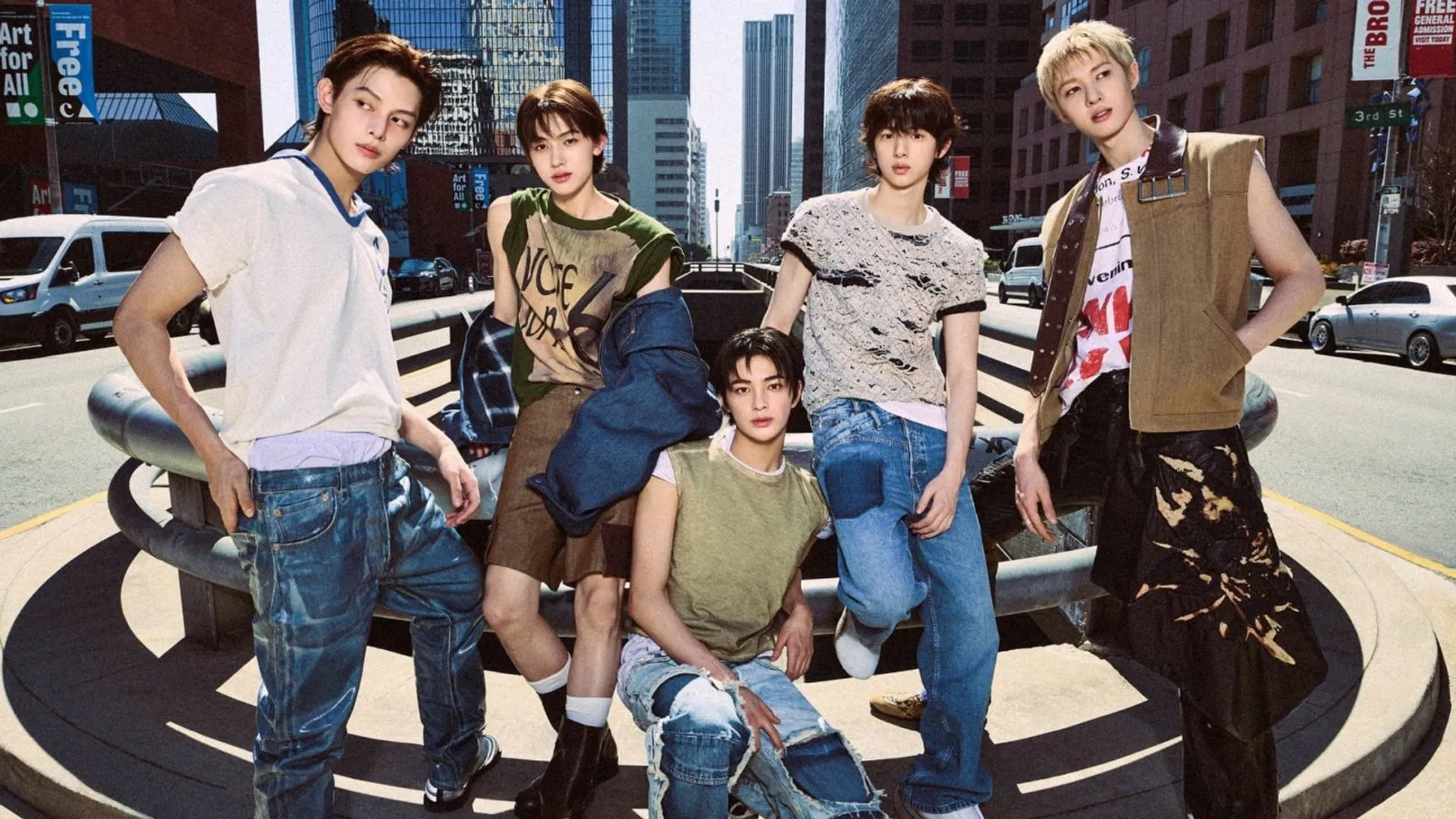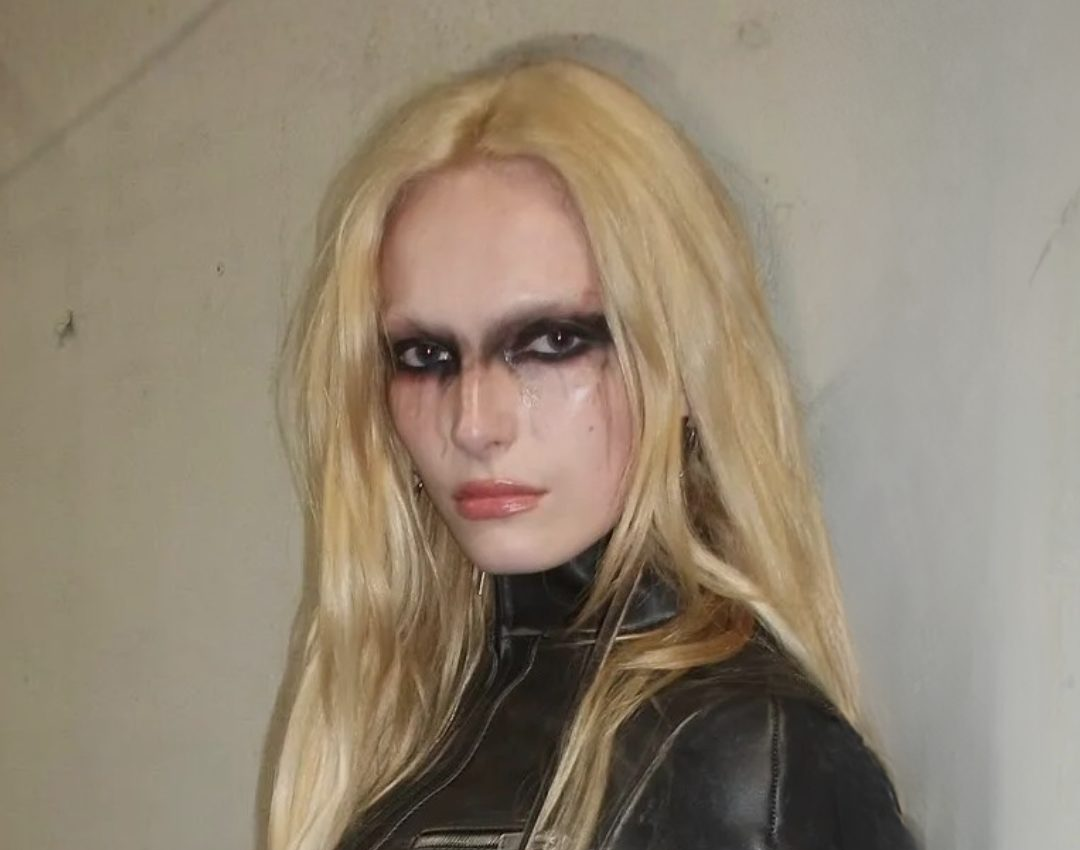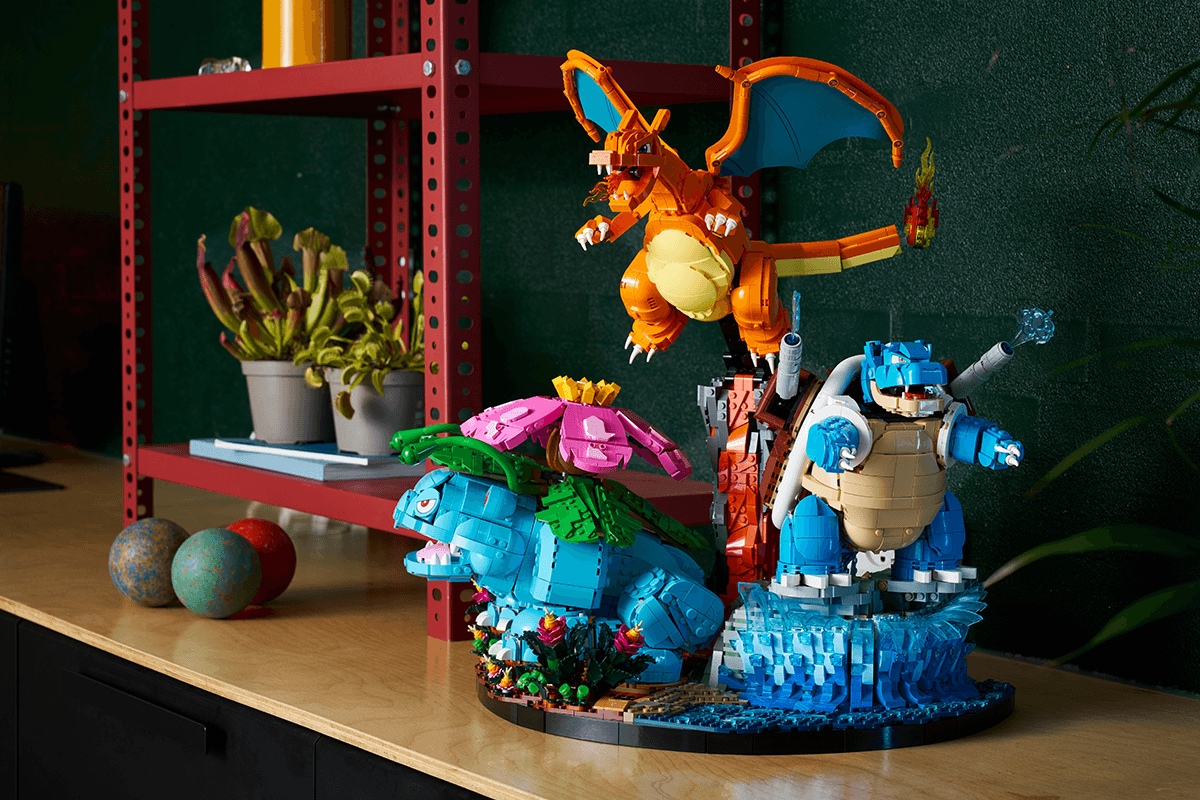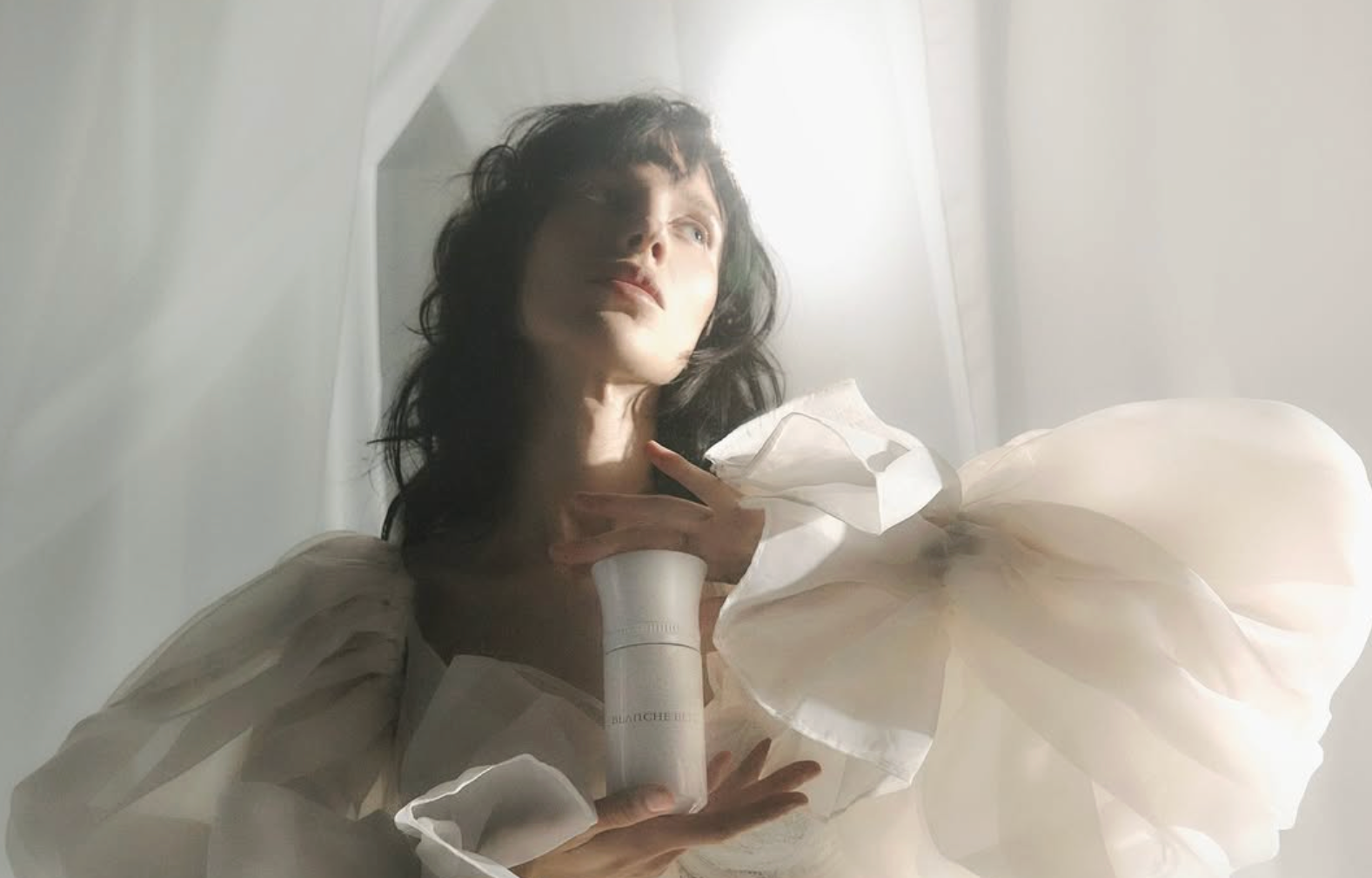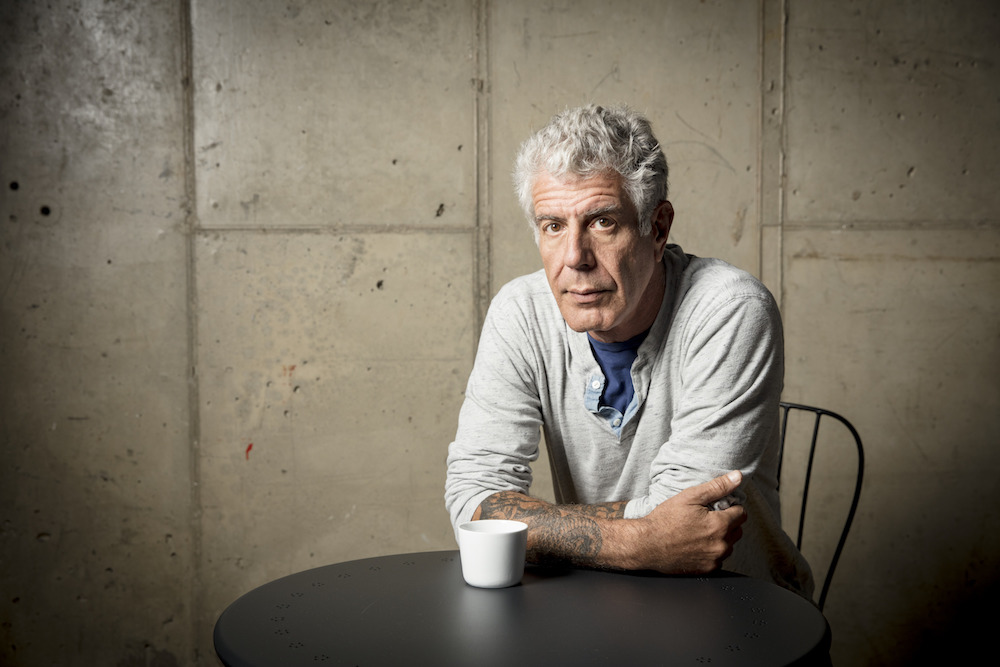
Anthony Bourdain is not who you think he is. He is not a foul mouthed bad-ass with a chip on his shoulder and punk rock in his heart. At least, not anymore – though he probably still has punk rock in his heart. Now 61, he’s tamed over the years and a softer side has emerged.
Bourdain’s origin story is well known. A native of New Jersey, he’s the son of a classical music executive and an editor for The New York Times. After dropping out of Vassar College, he went to the Culinary Institute of America and pursued a career as a cook in New York City. There he found kinship, structure, discipline and drugs. Lots of drugs.
He wrote the gripping, tell-all piece “Don’t Eat Before Reading This” for The New Yorker in 1999, which led to his wickedly funny and somewhat frightening debut book, Kitchen Confidential. It was a glimpse behind the kitchen pass and it instantly captured the nation’s attention. From that sprung a television show, and then another and another. In between his various series were books, television appearances, marriages, fatherhood and even a series of graphic novels, the most recent of which has just been released. In short, it’s been a busy two decades.

The chef-turned-author-turned-host is known for his bracingly honest, humorous and unflinching social commentary. In 1999, he notoriously condemned vegetarians as “the enemy of everything that’s good and decent in the human spirit”; a decade later, he openly declared war on fellow celebrity chefs. But the Anthony Bourdain I met seems a very different creature than the one that declared Paula Dean “the worst, most dangerous person to America” and Alain Ducasse an “out-of-touch French guy” and an “arrogant f***wit”. He seems, at the risk of sounding patronising, all grown up.
The multi-hyphenate was in town filming an episode of Parts Unknown, the cult-favourite CNN travel show that blends tradition with the surreal. As the protagonist, he travels the world, doing everything from lunch with Hezbollah fighters in post-revolution Libya to filming mukbang – a food-gorging livestream of gluttony – in Korea. Since the show’s premiere in 2013, it has won five Emmy Awards and a Peabody, and has received numerous nominations for everything from cinematography to sound mixing.
If you’re looking for a “Top 10 Things to Do In…” episode, you won’t find one. “Generally speaking, we’re using food to look at a particular aspect of a place,” he explains over a Bloody Mary at The Peninsula. He’s there alone, sans hyper-sensitive PR handler or a posse of any kind – a real rarity.

For this episode of the show, he’s exploring Hong Kong through the eyes of a foreigner: Christopher Doyle, to be exact. It took years to finally work with the famed cinematographer, and according to Bourdain, it’s the last item on his bucket list. The day we meet, the two will be shooting in Tai O, the same location as Doyle’s 2017 co-directed lm The White Girl. “It’s a dream come true,” Bourdain gushes. “And I believe he’s operating a camera today!” Doyle won’t be the only one; Bourdain’s partner, Italian actress Asia Argento, is directing.
“I love it here,” he says about the city. “It’s ridiculously easy and pleasurable to shoot, because it’s heaven for anybody who is passionate about food. It’s exactly the type of food I love, available in abundance and in exactly the kind of atmosphere where I love to eat.”
Bourdain describes the humble dai pai dong as paradise – and their disappearance as worrying. The thing he loves most, however, isn’t the food. It’s the duality. “I’m constantly confronted with my own ignorance and evidence of entire worlds and solar systems that I know nothing of,” he says. “I find that’s the sort of thing that keeps me going and makes me happy. Being the dumbest, least informed guy in the room, surrounded by things that I’m intensely curious about, but don’t understand yet.”
What is it, exactly, that he doesn’t understand? “Who’s buying all these watches?” He himself wears a Rolex, an inherited piece from his father that will someday be passed down to his own daughter.
Bourdain has built his media career around his culinary past, but out of respect for those still in the industry, he no longer identifies as a chef. “It’s been 17 years since I’ve gone in every day and put in 14-hour days in a hot kitchen,” he admits. “When someone in the industry says, ‘Hey chef !’ I appreciate it, but I’m a little embarrassed.”
In the wake of scandal after scandal, few have looked at his former industry with a more critical eye than he. “It was a deliberately punishing environment – designed institutionally in its origins, the French brigade system, to break you. That brought about a certain mindset and a certain culture that is, frankly, hostile, disruptive and phallocentric. It arguably had a purpose once,” he says and laughs, “but long ago deserved to die.”

Bourdain doesn’t consider himself a victim of that environment or, in fact, of anything. He was, for a time, a willing participant, and then he grew up. “Very quickly, the leather jacket and the earring got old for me, you know – it was never going to be my funeral shroud.” But traces of it remain, like a tattoo on his left wrist that says “damaged”. I ask him about toxic masculinity, and find that to this ex-hippie, it’s a ludicrous concept. “What should a man be like?” he ponders. “I don’t know and I don’t really even care. I’m just figuring it out. I’m just a person.” He’s calm and thoughtful and, for a moment, even seems vulnerable.
“I wrote Kitchen Confidential as I was in that system, having seen almost nothing outside of it,” says Bourdain. “I had no idea how normal people lived or behaved. I was overly proud of having endured 30 years of it and I over- romanticised a system that ain’t so great for a whole hell of a lot of people – women in particular. I did not anticipate the numbers of meatheads, frankly, who got out of the book something very different than I intended. It validated a lot of behaviour that I never thought about. Women have told me again and again that they bump into some asshole in the kitchen, and chances are, he’s got my book up on the shelf, a dog-eared copy. I have to own up to that.”
Recently, Bourdain has emerged as a leading voice in the #MeToo movement; Argento is also at the forefront, being one of the first to speak out against Harvey Weinstein. It’s a painful process and he speaks carefully, not wanting to siphon attention away from those it should be on. “This revolution, like them all, is a process,” he responds when asked about actor Aziz Ansari. “Men and women are struggling with the same thing. Where are the lines? Who needs to be called out publicly and have his career ruined, and who is just a f***ing pig?”
The conversation turns to Donald Trump. Even for Bourdain, a man who has sat with Hezbollah, Trump is a “step too far”. “Trump is really, in my long experience as a neighbour, not interested in anything other than himself. And that’s frankly not an interesting subject. Trump supporters, on the other hand, are. I fought hard for a show in West Virginia with diehard supporters and they couldn’t have been nicer. I am sympathetic of the forces that drove them to feel he was the best option. But the man himself? I have very low expectations. I mean, he doesn’t eat, what he eats is…” Bourdain trails off. I imagine the word he’s looking for is “garbage”. No chef, past or present, can openly condone a man who eats a well-done steak with ketchup.

It’s not completely partisan treatment. Though he famously interviewed former president Barack Obama, it was on Bourdain’s turf – in a Hanoi noodle shop. The White House originally offered the interview on Air Force One, but Bourdain declined. “I may think the world of President Obama, and I do, but my feeling is, you take a ride in a man’s plane and you owe him something. I wanted to sit down with him in the kind of restaurant I love and talk to him about things like fatherhood. I wanted to ask him if everything was going to be okay.”
It’s this humanity that sets him apart. Bourdain accepts that the world is not universally good, but also accepts that there is no such thing as a universal good. He acts as judge, perhaps, but never a sentencing jury.
“Rightly or wrongly, I said nothing,” he says in one episode, going on to question the viewer: “What does freedom mean?”
Bourdain is free to tell his own story, acting as a sort of ambassador, though that title gives him pause. “I’m not an activist or an advocate, or a spokesperson or someone on some mission. I like being free to have a point of view.” Free to show a country as he sees it, not as the media ratings dictate. “I guess I do have a truth,” he muses. “I have a point of view, but I try not to have an agenda. Again and again and again, I find that if I show up and sit with people and am willing to accept what they offer with an open mind and heart, then people will tell me rather extraordinary things about themselves and the world that they live in. I’m not a reporter – and that’s a luxury.”
He has gone into some of the most politically unstable regions – Iran, Palestine, Libya, Egypt – and has approached them all with empathy, curiosity and, for the most part, neutrality. He’s respectful of the circumstances of those around him and protective of those who have helped him. In 2014, liberal Russian scientist and politician Boris Nemtsov spoke with Bourdain about corruption in Putin’s Russia; a year later he was assassinated.
Bourdain is, at his heart, an introvert. He’s a natural observer, more at ease in the background than in the spotlight, however ironic that may be given the past two decades of his work. But perhaps that’s why he has excelled. He’s able to not only see the world around him, but also to understand it deeply and present it to others clearly. He’s not a journalist, nor a chef, not an ambassador, nor a pundit. He’s simply and unabashedly Anthony Bourdain. He doesn’t delve into the spiritual, religious or overtly moral. He doesn’t look for absolute truths or purpose; he just looks for good food and the extraordinary stories that people tell. And if you’re still waiting on his food market, don’t. He pulled the project after he saw it changing. “I just thought, ‘What am I doing here?’ And I can live without my name in giant letters above. I have insufficient hubris to see that through.”
This feature originally appeared in the March 2018 print issue of #legend
EN: Anthony Bourdain passed away suddenly on June 8, 2018 from apparent suicide. If you or someone you know is having suicidal thoughts, please pick up the phone and call Hong Kong’s suicide hotline : +852 2896 0000.



